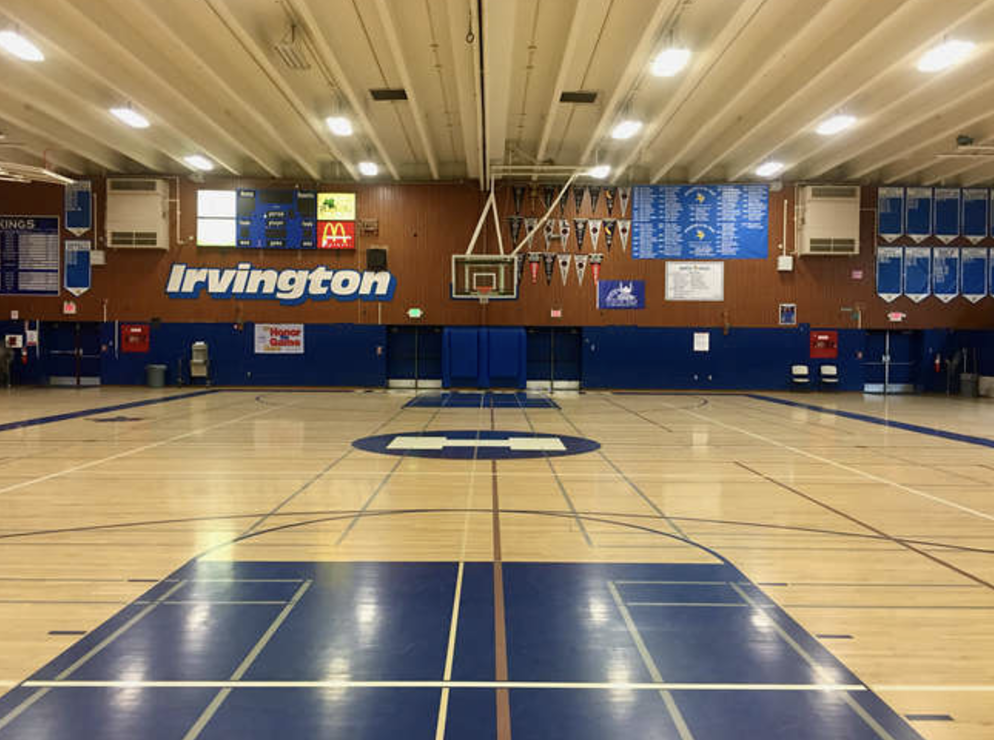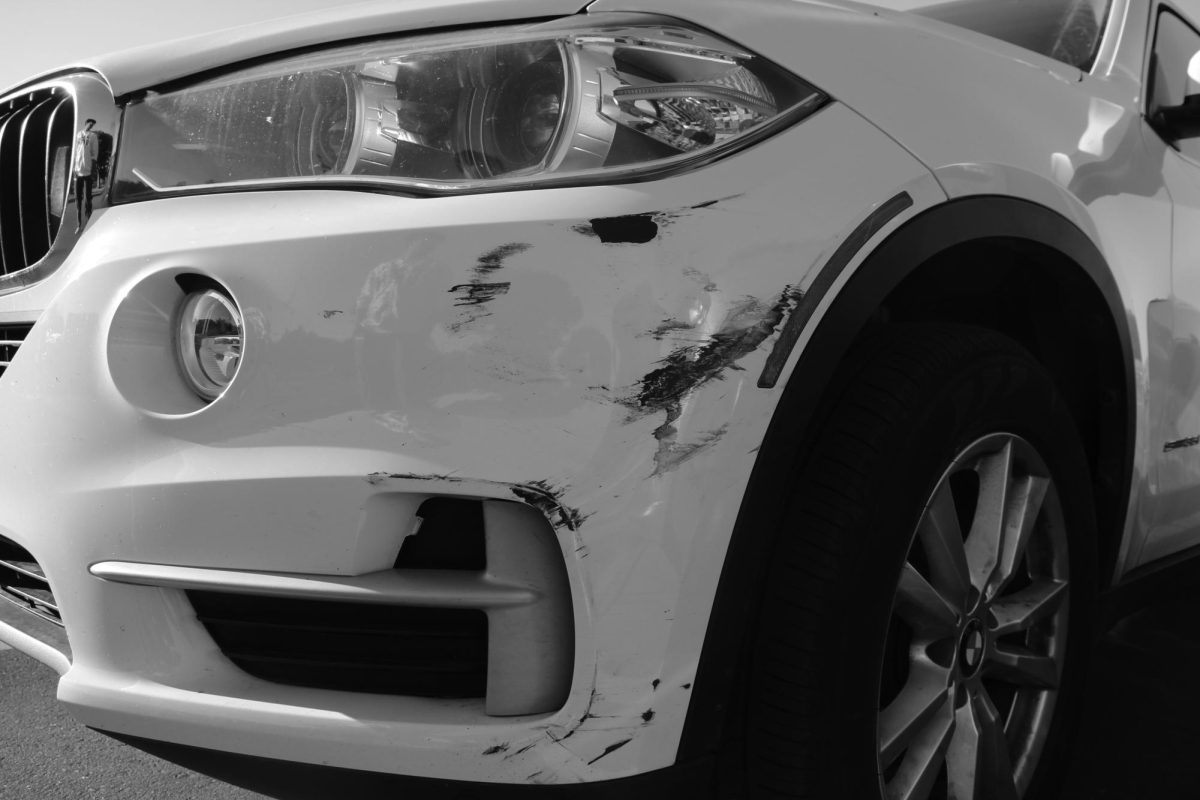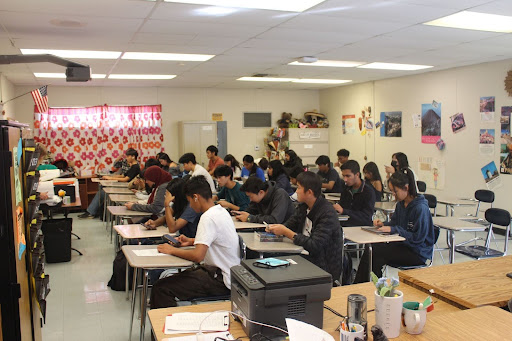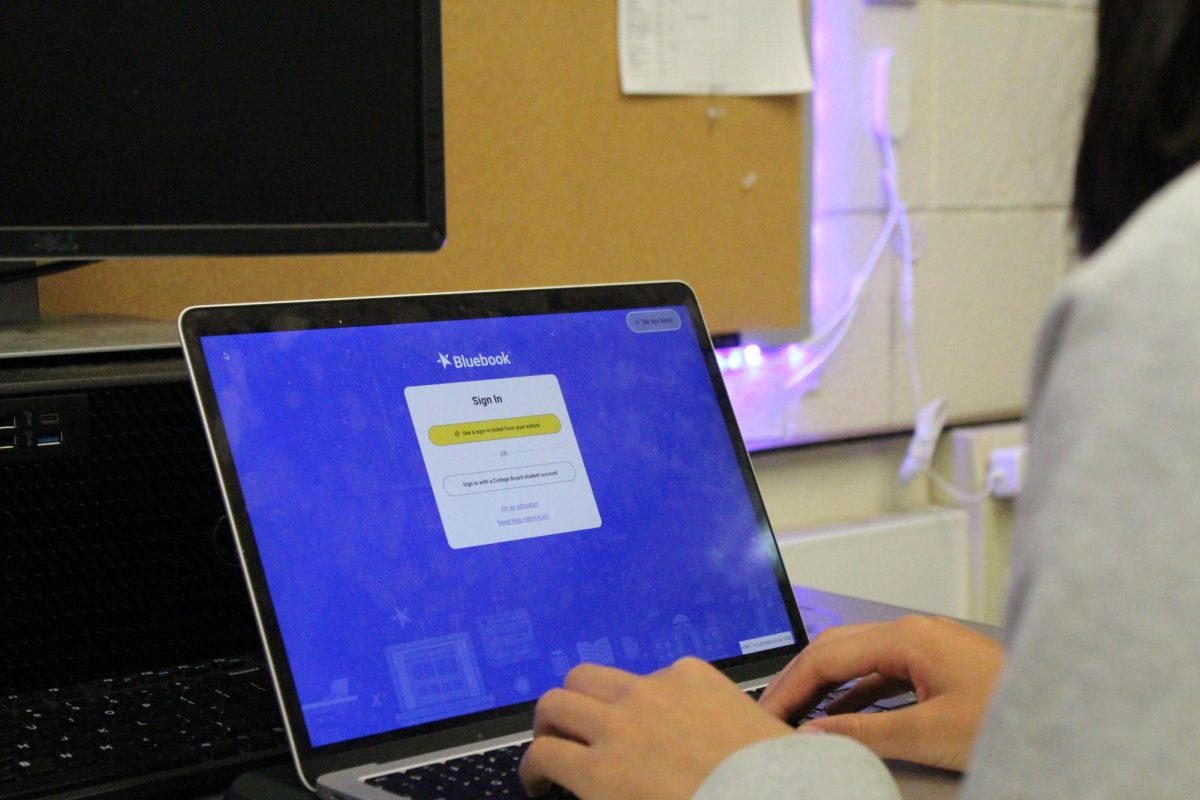By Shayna Kapadia and Srija Srinivasan | Editor-in-Chief and Humor Editor
Last school year, during AP testing, administration had 1403 Irvington students take a stress survey designed by Dr. Stuart Slavin, the Head of the University of St. Louis Medical School. On Aug. 23, Dr. Slavin presented the results to parents, teachers, and students in Valhalla. According Slavin, about 60% of Irvington students have, “moderate to severe symptoms of depression” and 80% of students have “moderate to severe symptoms of anxiety.”
In his presentation, Dr. Slavin compared Irvington’s students’ results to results taken from medical school students and found that Irvington has higher percentages of symptoms of depression and anxiety.
“There are many medical students who went to schools just like Irvington,” Slavin said. “They say, since they were in high school, the amount of stress in high school has gotten worse.”
One of strongest sources of stress was found to be self-induced. In order to alleviate this stress, Slavin suggests a revolution of our mindsets, changing the way we think so that challenging ourselves to an unhealthy point is not something necessary for success after high school.
“If we can just get the students to THINK differently, then that would make a difference,” Slavin said. “It doesn’t take changing the whole school, we just need to change the mindset and the culture.”
However, students feel that changing the way students think will not be truly effective in solving the stress issue.
“I don’t really think it’s fair that the students are taught to deal with the stress in better ways instead of having the school reduce the amount of stress,” junior Manjari Maheshwari said. “It’s like treating the symptoms of the problem but not the problem.” The administration at Irvington agrees with both Slavin and students. Students want to see fundamental changes at Irvington, but that will take time. While there is no set plan to reduce stress at Irvington, Assistant Principal Jay Jackson explains some ways to nurture the change students want to see through compromise between all involved parties.
“Teachers need to reexamine their classes and homework, students need to evaluate why they take so many challenging classes and activities, and parents need to understand that there are multiple ways to get to where you want to go. It’s not just the honors and AP track,” Mr. Jackson said. “Everyone is going to point fingers, but we all play a part in this issue, and it is going to take all of us to fix it.”
AP Biology teacher Mr. Chan further explains the dilemma that both students and school administration face daily. “Education is like a bird in your hand. If you squeeze it too hard, it will die, but if you don’t squeeze it hard enough then the bird will fly away. So how do you balance that?”
While finding this balance cannot be done overnight, Dr. Slavin aims to return to Irvington High school to talk with students about how stress can be reduced in our school. At the St. Louis Medical school, Dr. Slavin provided stress-relieving techniques and mental support to medical school students, effectively decreasing the percentage of students with symptoms of depression from 27% to 4% and symptoms of anxiety from 56% to 14%. Slavin intends to implement similar support to our school in order to effect similar changes. Hopefully, in time, we will know just how firmly to hold the bird in our hands.











